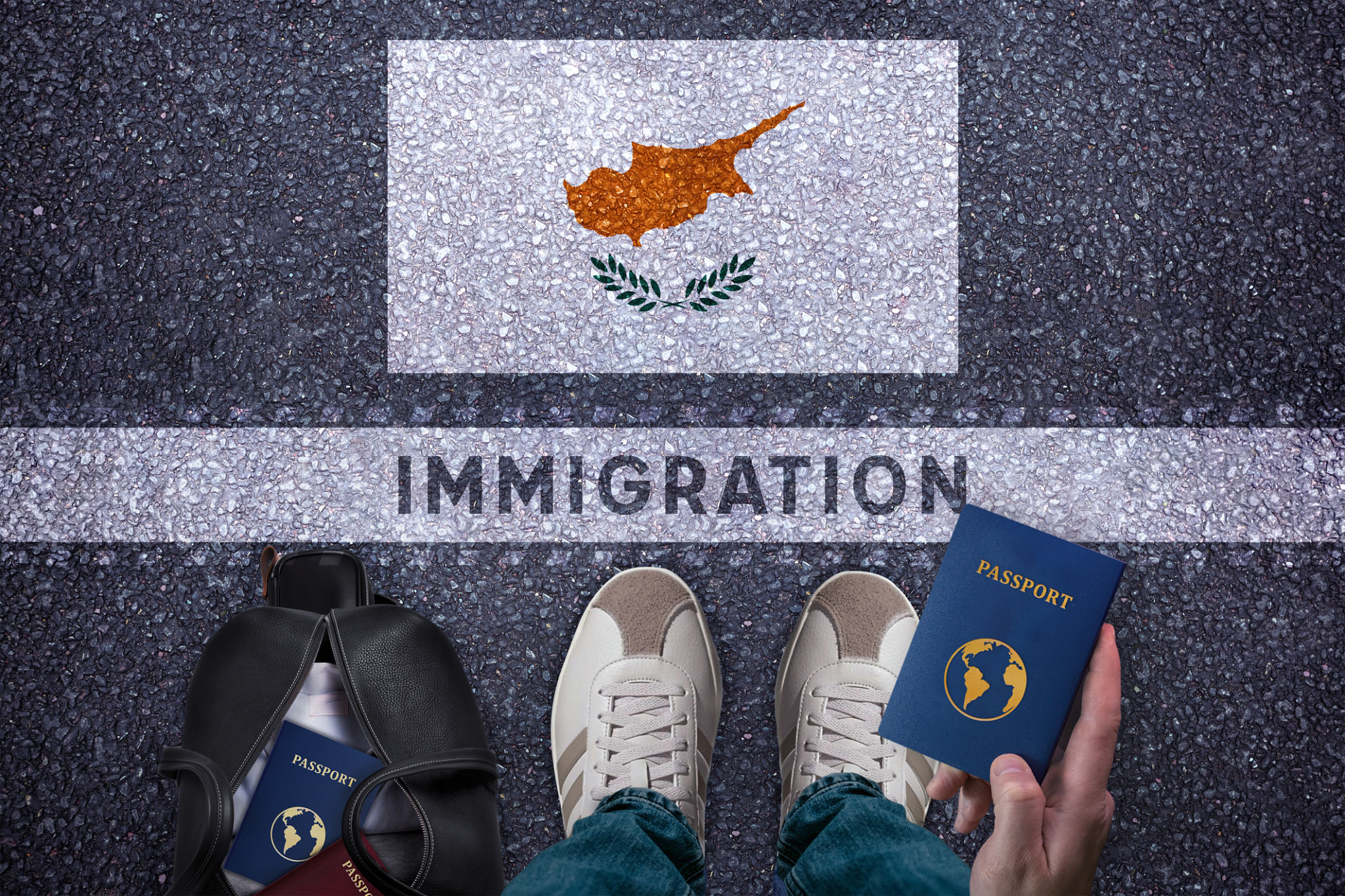Understanding Cyprus Family Law: A Comprehensive Guide for Limassol Residents
Understanding family law in Cyprus can be a complex endeavor, especially for residents of Limassol who may face unique legal challenges. This guide aims to demystify the essential aspects of Cyprus family law, providing clarity and insight into its various components. Whether you're dealing with marriage, divorce, or child custody, having a comprehensive understanding of local laws is crucial.

Marriage Laws in Cyprus
In Cyprus, marriage can be either civil or religious. Civil marriages are conducted by the local municipality and are recognized legally across the island. Religious marriages are also legally binding but must be registered with the authorities to hold legal standing. It's important to note that both partners must be at least 18 years old to marry, although exceptions can be made under certain conditions with parental consent.
For those planning a wedding, ensuring that all necessary documentation is prepared in advance is vital. This includes passports, birth certificates, and any required affidavits or legal declarations. Proper preparation will help avoid delays and ensure a smooth process.
Divorce Procedures
Divorce in Cyprus is governed by family courts and can be initiated on several grounds, including mutual consent, separation for more than four years, or other specific reasons such as adultery or domestic violence. The process typically involves filing a petition with the court, followed by hearings to determine the terms of the divorce.

It's essential for individuals going through a divorce to seek legal advice to ensure their rights and interests are adequately protected. A lawyer can assist with negotiations and help navigate the complexities of dividing assets, determining alimony, and resolving any other financial matters.
Child Custody and Support
Child custody is often one of the most contentious issues in family law. In Cyprus, the primary consideration is the best interest of the child. Custody arrangements can be joint or sole, depending on various factors such as the parents' ability to cooperate and the child's needs.
Child support is determined based on the financial capabilities of the non-custodial parent and is intended to cover essential expenses such as education, healthcare, and general welfare. The court may adjust support payments as circumstances change over time.

Property and Asset Division
When it comes to dividing property and assets during a divorce, Cyprus law follows the principle of equitable distribution. This means that assets acquired during the marriage are divided fairly but not necessarily equally. Factors considered include each spouse's contributions to the marriage and their future financial prospects.
Couples are encouraged to reach an amicable agreement regarding asset division to avoid lengthy court disputes. Mediation can be a valuable tool in achieving a mutually satisfactory resolution.
Conclusion
Understanding family law in Cyprus is essential for residents of Limassol facing marital issues. From marriage and divorce to child custody and asset division, familiarizing oneself with these laws can help ensure informed decisions and protect one's rights. Consulting with a knowledgeable family lawyer can provide valuable guidance tailored to individual circumstances.

